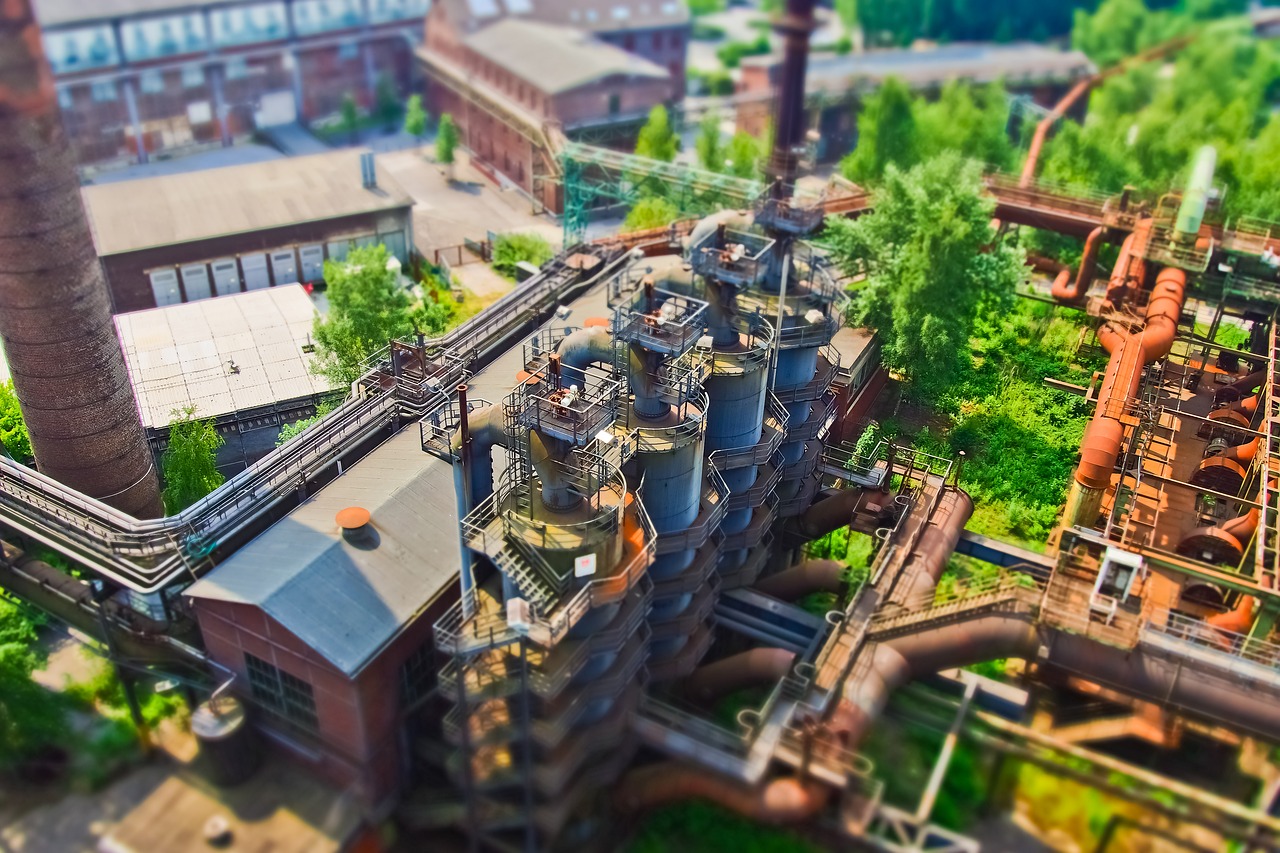Industrial site owners and facility managers know that no building or parts that go into a site are permanent. Engineers and construction crews are constantly innovating new ways to extend the lifespan of industrial facilities, but they still face challenges of erosion and decay. Keeping pipe systems in good order is a key component to industrial facility management. Pipe erosion can damage foundations, walls, and work areas. Thankfully, no-dig pipe repair technology like Industrial CIPP has saved companies thousands of dollars by avoiding complex fixes. Let’s take a look at some of the causes of Industrial pipe erosion and how Industrial CIPP can help.
Temperature of Materials
The temperature of what’s moving through pipes will affect its lifespan. If waste, water, chemicals, or other materials are too hot or cold, it can trigger faster pipe erosion. The temperature of the materials affects how fast it moves through the pipes. This speeds up how fast pipes start to break down. Some industrial sites use pipe wear pads to coat the exterior of the pipes. It helps cut down on moisture. With Industrial CIPP, companies can pinpoint the location of a leak or break in a pipe without having to tear up large swatches of flooring or pavement. It’s a good way to examine whether the material in the pipe is at too extreme of a temperature.
pH of Materials is Off
pH measures whether a substance is alkaline or acidic. If something is too acidic, it can eat into industrial pipes and cause damage faster than expected. Over long periods of time, those pipes corrode and can start leaking. Industrial sites should be testing materials that flow through pipes for pH levels. This way, they can understand how what’s in their pipes can be expected to affect pipe lifespan. If liquids inside pipes are too acidic, Industrial CIPP technicians will eventually need to repair eroded pipes.
Industrial CIPP Works No Matter What’s Inside Pipes
Understandably, what’s inside the pipes flowing around everyday matters. Different chemicals will react with pipe materials – whether they’re aluminum, copper, or steel – in different ways. Many industrial sites use lubricants to help chemicals flow through pipelines faster without causing damage to pipe systems. However, eventually those pipes will need to be repaired or replaced. Industrial CIPP companies can work with managers and owners to make sure they’re done quickly and stress-free.
If you have questions about how Industrial CIPP can help your facility save time and money, contact our team today.
